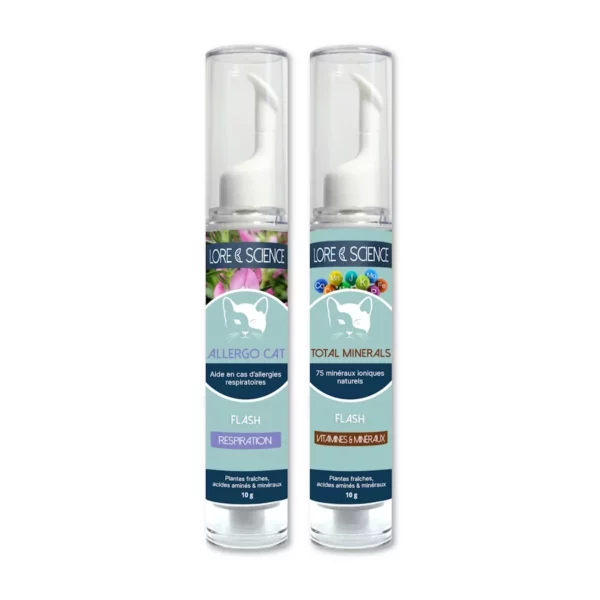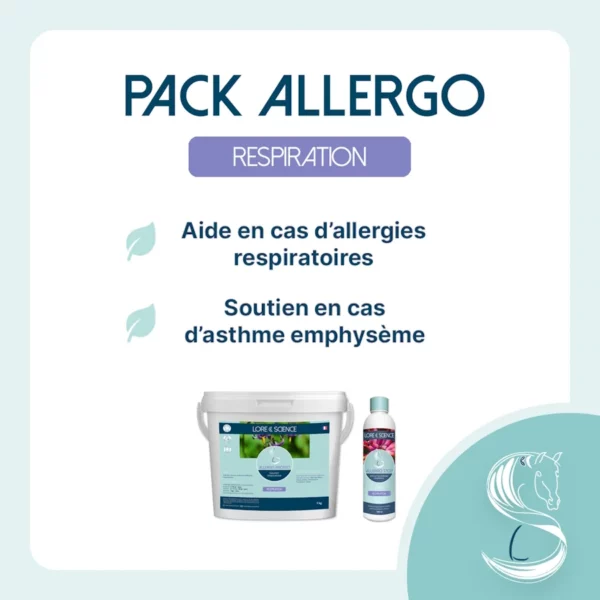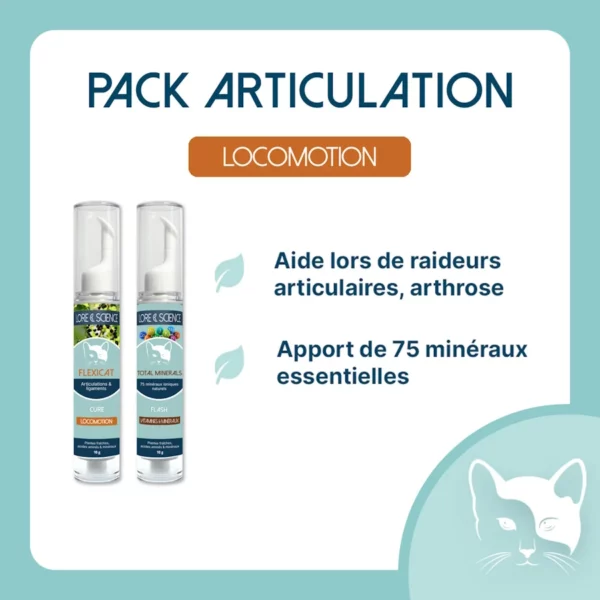Stress in horses is a physical and behavioral response to stressful stimuli, whether external or internal. It can be triggered by a variety of factors, including changes in the environment, transportation or health problems such as chronic pain. Generally speaking, horses are routine animals. Any change in this routine can lead to unusual nervousness. Lore & Science gives you its top tips for spotting, preventing and helping your horse suffering from stress.
What are the signs of stress in horses?
Careful, regular observation of your horse can help you to spot the signs by which it expresses its anxiety. Usually, these signs follow an external stimulus that triggers the stress reaction. Horses and mares have a tendency to opt for recurrent manifestations of their anxiety. So, the better you know your horse, the sooner you'll notice the emergence of these signals.
One of the most obvious signs of stress in a horse is restlessness. A tense animal may become restless, moving frequently around its paddock, shaking its head or showing signs of impatience. This agitation is often accompanied by sweating, even in the absence of intense exercise. When a horse is stressed, its sweat glands may become active, causing excessive sweating.
In addition to restlessness, tense muscles are another common indicator of stress in horses. In particular, the muscles around the neck and back can become stiff and contracted. This tension is a response to excitement or emotional discomfort. A stressed horse may also adopt abnormal behaviors, such as box ticking, swaying, or repeatedly lowering its head. These are all adaptation mechanisms to cope with stress.
What's more, a normally docile horse can become aggressive towards other horses or humans when subjected to high levels of stress. On the other hand, a horse may become reluctant to cooperate, which can complicate day-to-day management, such as grooming, tacking or boarding.
Variations in appetite are also common in stressed horses. Some may lose interest in food, leading to weight loss and reduced energy. Conversely, others may seek food excessively, developing inappropriate nibbling behaviors.
Finally, on a physiological level, stress can manifest itself in increased heart and respiratory rates, muscle tremors, and in some cases, signs of colic. In these cases, it's essential to call your vet as a matter of urgency.
How can you prevent stress in horses?
Fortunately, there are simple, gentle preventive measures you can take to keep your horse or mare safe from anxiety-provoking situations. As you will have gathered, equines are generally sensitive to unusual stimuli, as well as to changes in their environment or routine. That's why the first thing to do is to ensure that your animal has a suitable, clean and comfortable living space, spacious enough to allow it to move around freely.
When it comes to feeding, avoid sudden fluctuations in diet. Make sure that rations meet your horse's specific nutritional requirements according to age, activity level and health. If your horse shows signs of recurring stress, you can also incorporate herbal supplements such as Stress Less into his diet. This synergy of medicinal plants with relaxing, anti-stress properties contains California poppy, Bacopa, bergamot, verbena and butterbur, whose relaxing virtues have been scientifically proven.
Also, on a daily basis, establish a stable routine for meals, exercise times, grooming and other daily activities, while incorporating time for grazing, moving around and interacting with other horses.
Finally, for more occasional stressful situations, such as transport, you can minimize stress factors by introducing desensitization. By gradually getting your pet used to dealing with these distressing stimuli, he'll be able to integrate their presence into his routine and reduce his anxious reactions. Accompanied by immediately effective solutions based on essential oils and medicinal plants such as Serenity, adaptation to change will be easier.
Tips for dealing with a stressed horse
Once you've identified the sources of stress for your horse, you can best support him in calming down and regulating his anxieties. From then on, it's essential to put measures in place to reduce or eliminate them as much as possible. For example, if a horse is stressed by overcrowding in a paddock, consider providing more space or reorganizing groups of horses to reduce feeding competition.
Combine a stable routine with regular, appropriate exercise.Positive interaction with your horse also contributes to his relaxation. Taking the time to brush, stroke and soothe your horse strengthens the bond between you and him, and fosters an atmosphere of trust.
Finally, in some cases, it may be necessary to consider more advanced stress management techniques, such as behavioral therapy, equine meditation or even consultation with an equine behavior professional.
As you can see, managing stress in horses is crucial to their well-being. To help your horse stay calm, it's essential to identify the potential causes of his stress and put in place measures to alleviate it. As is often the case, careful observation of your horse's behavior will help you to understand and alleviate its stress. Don't hesitate to ask your vet for a diagnosis and personalized advice, specific to your horse or mare.
Share your experience or questions with us in the comments ↓



















